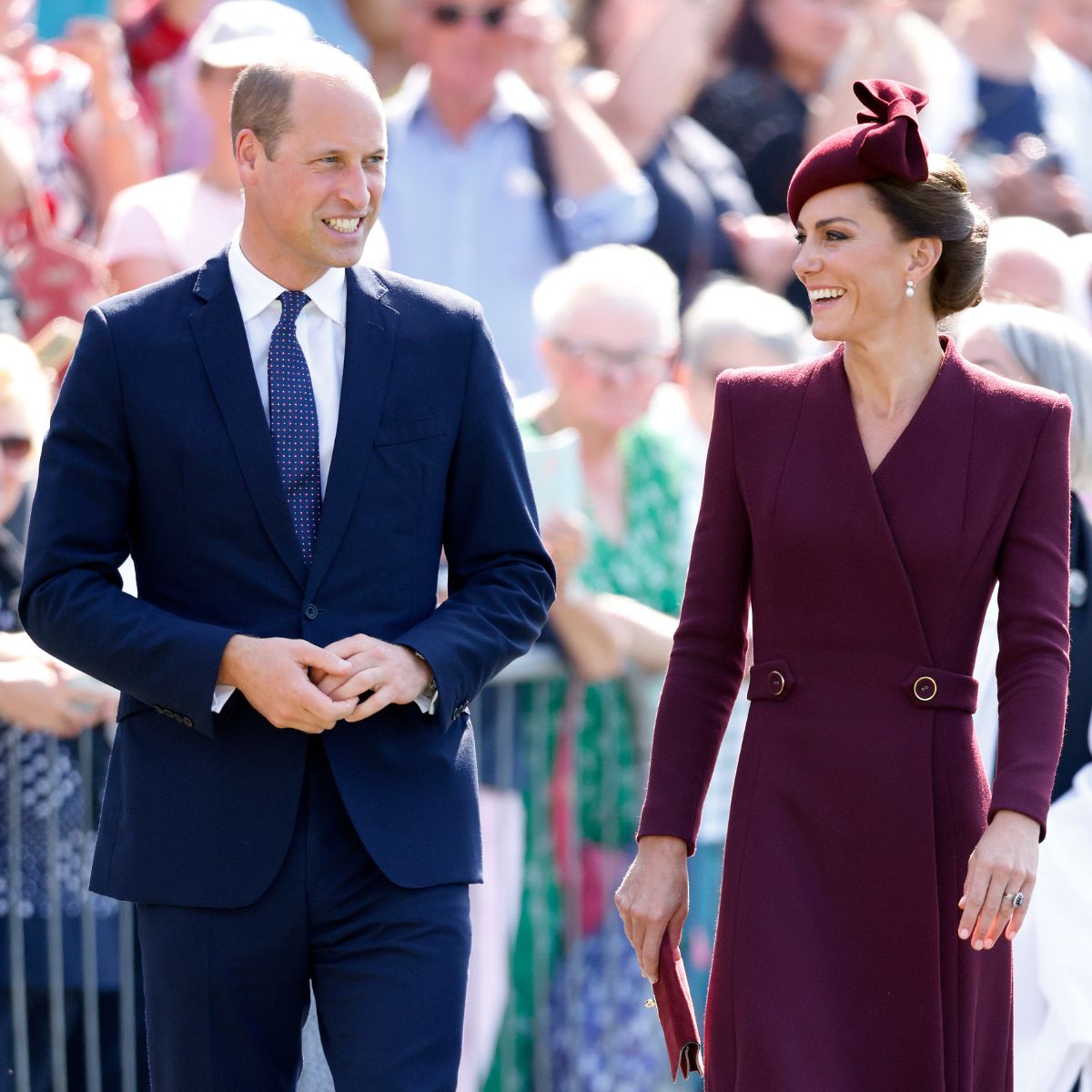Changes to family benefit rules could push children into poverty
From autumn next year, payments will only be received for families' first two children


From autumn next year, payments will only be received for families' first two children
This Thursday, a policy could be put into place that would change benefit rules to be limited to the first two children in a family only - and campaigners The Child Poverty Action Group and Institute for Public Policy Research say that these could cost families £3,000 a year and could potentially be pushing up to 200,000 children 'into poverty.'
The changes are meant to roll in by 2022 and will affect families who currently claim child tax credit (for people who are not working and whose children are until 16 or under 20 but in eligible study or apprenticeship) or Universal credit (for those in low income work or out of work).
Under the new rules, children born after Thursday 6 April into families who already have two (or more) children won't be eligible to benefit payments under either credit.
And from autumn 2018, this rule will roll out to all families, even those with children who were born before this date.
Considering that 872,000 families with more than two children were claiming credits over the years of 2014-2015 (with 65% of them working), a lot of people will be affected.
Projections are claiming that this could put around 100,000 adults into poverty, as well as children.
Marie Claire Newsletter
Celebrity news, beauty, fashion advice, and fascinating features, delivered straight to your inbox!
This will also affect families who have more than two children and find themselves unexpectedly out of work due to all kinds of reasons like illness or redundancy.
The worry from campaigners are that this could act as an incentive for families to split up and for women to be faced with the decision of terminating a pregnancy or potentially facing poverty.
According to the BBC, Child Poverty Action Group's chief executive Alison Garnham has said the policy cut is a 'particularly pernicious cut because it suggests some children matter more than others. Families that can comfortably support a third child today could struggle tomorrow and have to claim Universal Credit because, sadly, health, jobs and relationships can fail.'
While the other end of the argument is that the current way that benefits work isn't sustainable and is unfair to taxpayers who work full-time and support themselves and their families solely through this.
A spokeswoman for the Department for Work and Pensions has said, 'Work is the best route out of poverty, which is why our welfare reforms are designed to support people into employment.'
-
 The 10 best dresses celebrities from Tiffany & Co.'s Blue Book 2025 Gala
The 10 best dresses celebrities from Tiffany & Co.'s Blue Book 2025 GalaCelebrating the brand's marine-inspired collection
By Sofia Piza
-
 These are the 11 cult designer buys of spring 2025—and they're already selling out
These are the 11 cult designer buys of spring 2025—and they're already selling outFrom Miu Miu's must-have cowboy hat to Loewe's latest bag
By Clementina Jackson
-
 Prince William and Princess Kate have announced their 14th wedding anniversary plans
Prince William and Princess Kate have announced their 14th wedding anniversary plansBy Jenny Proudfoot